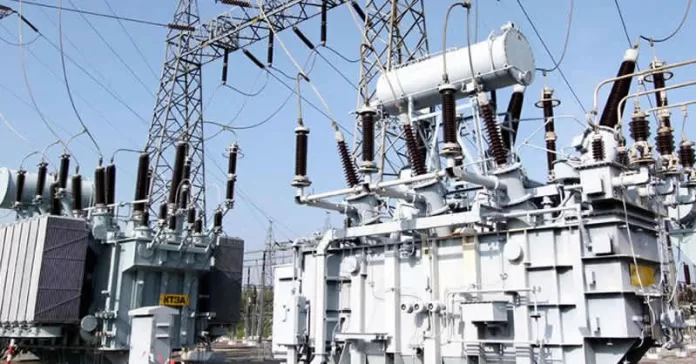The Federal Government has unveiled an advanced Supervisory Control and Data Acquisition (SCADA) system to manage the national power grid.
This new technology is set to significantly improve the efficiency, reliability, and sustainability of Nigeria’s power supply, marking a key step toward a more stable energy future for the country.
Speaking at the unveiling event in Abuja on Wednesday, the Minister of Power, Adebayo Adelabu, represented by Emmanuel Nosike, highlighted the transformative nature of the SCADA system.
He remarked, “This initiative represents not just a technological upgrade; it also symbolizes our government’s unwavering commitment to enhancing the efficiency, reliability, and sustainability of power supply across the nation.”
The SCADA system, designed for real-time monitoring and control of the national grid, will allow operators to quickly detect faults, efficiently manage loads, and respond rapidly to outages.
Adelabu further emphasized, “We are ushering in a new era in the management and operation of the national grid.” He added, “By implementing this advanced technology, we are taking a bold step towards addressing some of the issues holding the sector down.”
The SCADA system is part of a larger initiative under the Nigerian Electricity Transmission Access Project, aimed at modernizing the country’s power infrastructure and introducing smart grid technologies.
Adelabu also noted the broader significance of the project, stating, “This is more than just a tool; it’s a key part of our strategic efforts to modernize our power infrastructure.” He pointed out that the initiative aligns with the government’s objective of achieving energy security and expanding electricity access across the nation.
Dr. Sule Abdulaziz, Managing Director of the Transmission Company of Nigeria (TCN), shed more light on the project’s background. “It is common knowledge that previously deployed SCADA/EMS projects have not achieved the intended objectives,” he acknowledged.
However, Abdulaziz clarified, “Rather than view them as failures, we see them as valuable lessons guiding us in this new deployment.” He assured that a dedicated team has been set up to avoid the errors of the past and ensure the success of the new SCADA system.
The system has already been integrated into critical infrastructure, such as the Lagos Transmission Substation in Apapa, transforming it into a fully automated facility.
Abdulaziz outlined key milestones achieved, including the deployment of over 3,000 km of fiber optic cables and the installation of SCADA equipment in more than 100 transmission substations nationwide.
READ ALSO: FG Approves 50% Electricity Subsidy for Public Hospitals
World Bank Country Director Ndiame Diop, whose institution played a crucial role in funding the project, expressed optimism about the potential impact of the SCADA system on Nigeria’s energy landscape.
“This is history in the making. We have been partners with Nigeria for many years, and we believe this project marks a turning point in the effort to improve the Nigerian electricity supply industry,” he said.
Diop also acknowledged the challenges that arose during implementation but reaffirmed the World Bank’s support, stating, “Our plea is that the leadership in the Ministry of Power and TCN continue their efforts to ensure the timely completion of this project.”
The launch of the SCADA system signals a major leap forward for Nigeria’s power sector, representing a new era of innovation and dependability.
As Minister Adelabu aptly summed it up, “The launch of this SCADA system is not merely a technological upgrade; it is a clear demonstration of our resolve to build a robust power sector that meets the needs of the present while being sustainable for the future.”


